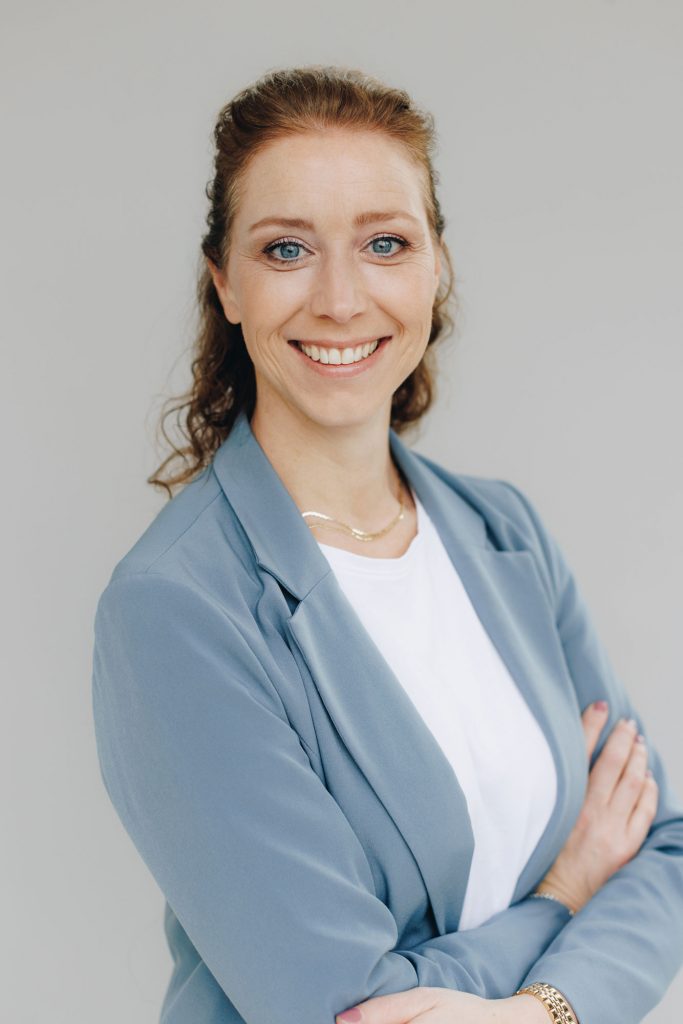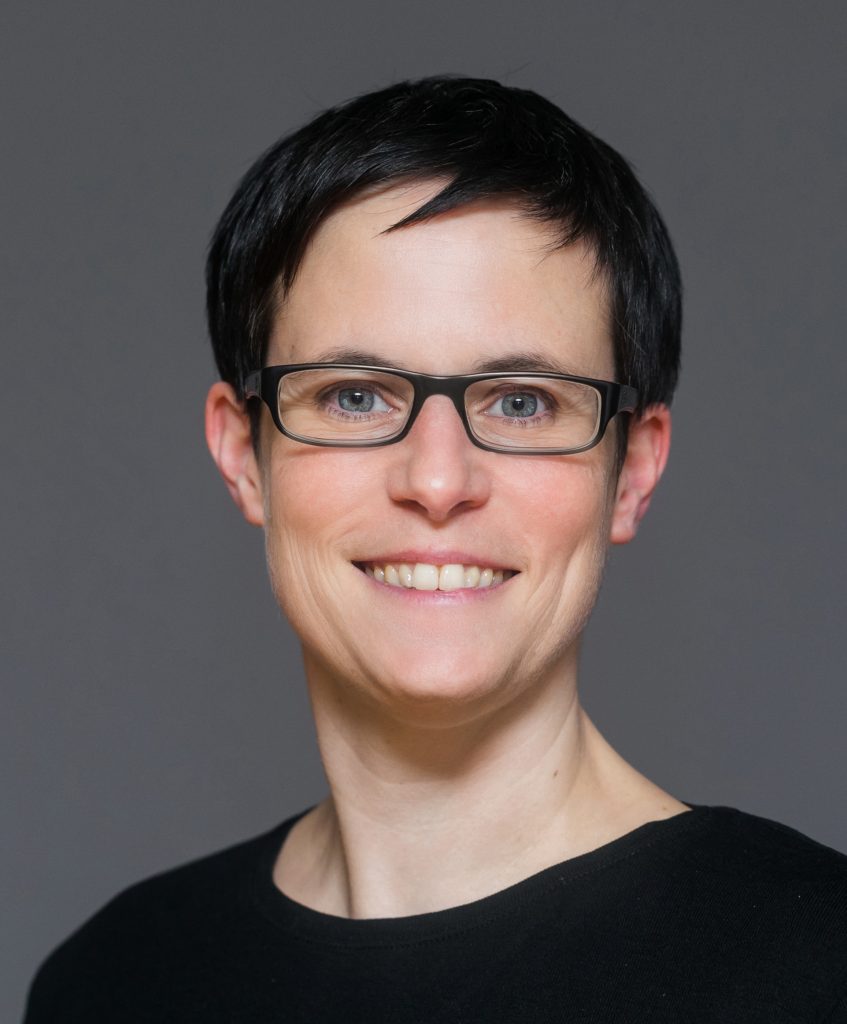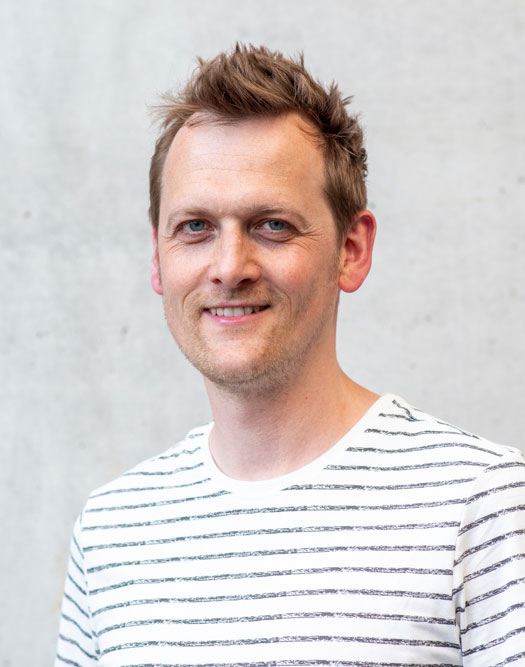Tutorials 4 and 5
Wednesday, 11.09.2024, 9:00 am – 11:am
Tutorial 4: Mechanocytometry
Chairs: Daniel Klaue und Oliver Otto
In this tutorial, we will explore an innovative technique in cell characterization: real-time deformability cytometry (RT-DC). RT-DC is a label-free, high-speed (kHz) and versatile imaging method that combines mechanical, morphological, and optical parameters for real-time cell analysis.
A key highlight of this session will be the demonstration of our new fully automated blood analysis device, which employs RT-DC to automatically identify and classify various populations of blood cells, such as erythrocytes, neutrophils, monocytes, and more. This groundbreaking functionality allows for efficient and accurate blood cell analysis without the need for complex sample preparation or fluorescent markers.
We will also provide an opportunity for participants to interact with the data live, using our open-source analysis software, Shape-Out 2. We encourage you to install the software on your own laptop (available for download in our section) so that we can analyze and explore real RT-DC data together.
Additionally, we will showcase our established device, the AcCellerator, highlighting its powerful features in the context of mechanical and morphological cell analysis.
Join us for a hands-on session to see how RT-DC can revolutionize your research on blood cells and beyond!
Key Points:
- Real-time deformability cytometry (RT-DC): Label-free, high-speed, versatile technique for cell imaging.
- Blood Cell Analysis: Automatic identification and classification of blood cell populations (e.g., erythrocytes, neutrophils, monocytes).
- Interactive Learning: Hands-on experience analyzing RT-DC data with Shape-Out 2.
- Device Demonstration: Explore the AcCellerator’s capabilities for mechanical and morphological analysis.
Tutorial 5: High-Dimensional Cytometry: Choosing the Right Tool for Your Research
Marjolijn Hameetman1, Désirée Kunkel2, Tamar Tak1, Axel Ronald Schulz3
1 Flow Cytometry Core Facility, Leiden University Medical Center (LUMC), Leiden, Netherlands
2 BIH Cytometry Core Facility, Berlin Institute of Health (BIH) at Charite – Universitätsmedizin Berlin, Berlin, Germany
3 Mass Cytometry Lab, German Rheumatology Research Center, a Leibniz-Institute (DRFZ), Berlin, Germany
Abstract
High-dimensional single-cell cytometry has revolutionized immunology and biomedical research, offering unparalleled insights into cellular complexity. In this interactive tutorial, we will introduce key technologies, with a focus on full spectrum flow cytometry and mass cytometry, comparing their capabilities, and highlighting advantages and limitations from a user’s perspective. Through practical examples, we will discuss factors such as panel design, resolution, costs and sample throughput to guide cytometrists in making informed choices. The session will conclude with an interactive exercise where attendees will assess real-world experimental scenarios and determine which technology to use for a specific research question and experimental setup. This hands-on approach will provide valuable insights
Biosketch Marjolijn Hameetman

Marjolijn Hameetman is the Operational Manager of the Flow Cytometry Core Facility at Leiden University Medical Center (LUMC), where she oversees daily operations, strategic planning, and user support for over 500 researchers. The facility offers high-dimensional flow cytometry, mass cytometry (CyTOF), and advanced cell sorting across 24 instruments. Marjolijn has broad experience in CyTOF panel design, sample preparation, and data analysis, supporting both basic research and translational projects. She is actively involved in quality management and helped the FCF achieve ISAC SRL Recognition in 2023 and became an Emerging Leader in 2024 . Marjolijn also co-organizes national cytometry meetings and is committed to training and collaboration across core facilities.
Biosketch Desiree Kunkel

Desiree is the Head of the BIH Cytometry Core Facility at the Berlin Institute of Health (BIH). The BIH CCF provides service and state-of-the-art equipment for high-parameter single cell analysis in flow and mass cytometry in an academic and translational medical research setting.
Desiree has a PhD in immunology and many years of flow and mass cytometry experience. She is very passionate about new technologies and their integration into the core facility setting.
Desiree is co-organizer of the German Flow Core Summit and the Virtual European Flow Core Meeting and is very involved with the flow and mass cytometry community, on a national and international level.
Biosketch Axel Schulz

Axel Schulz is the head of the mass cytometry platform of the German Rheumatology Research Center (DRFZ) in Berlin, Germany. His passion for mass cytometry began during its early days and deepened during his time at the Human Immune Monitoring Core (HIMC) at Stanford University in 2013. Even earlier, during his PhD at Charité Berlin, he enjoyed exploring the human immune system at a systems biological level, particularly investigating the immune response in senior adults following yellow fever vaccination.
Axel’s lab not only provides mass cytometry to other scientists but is also heavily involved in reagent and assay development. One of the primary goals is to enhance this technology, enabling researchers to analyze more parameters with the highest possible standardization. Currently, he is actively involved in setting up large multi-center trials aimed at gaining a better understanding of the similarities and differences between chronic inflammatory diseases such as Multiple Sclerosis (MS), Systemic Lupus Erythematosus (SLE), and Crohn’s Disease. Axel is also interested in combining complex immune phenotyping with the host’s microbiome and the potential implication of this interaction in causing and shaping autoimmunity.
